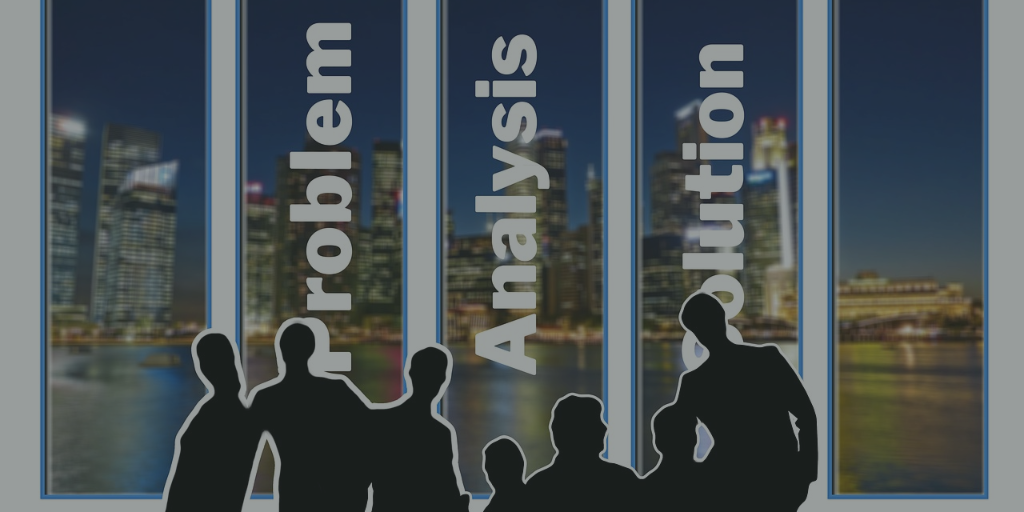Over the past few months, we’ve shared frequently about the importance of renewal and the self-care practices that lead to it. For many, our gentle reminders have been precisely what they needed to get them back on track with their regular self-care practices and/or engage new strategies. For others, while they acknowledged the concepts make sense, they’ve struggled to adopt the practices.
There may be numerous reasons this is true, including: they have one of those personalities that seem to thrive in stress, they feel called to take care of others rather than themselves (especially during this pandemic), and/or they believe the practices demand too much time in an already packed schedule. When talking with our resident skeptic (that’d be Becky for those who weren’t sure), she highlighted a global explanation that may encompass all those reasons. Some people need to see the “business case” for renewal. If you’d raise your hand and say, “that’s me,” then this content is for you.
Let’s Talk About Stress
Stress is a factor in today’s business world. When asked to cite stressors, leaders often point to leadership and interpersonal demands as the source of their stress, including a lack of resources and time (e.g., trying to do more with less), personal workloads, budget cuts, conflict, change management, style differences, performance management, and team politics. Those stressors may be acute (i.e., short-term, stressful episodes related to a specific event or situation), but they are often chronic (i.e., repeated exposure to situations that lead to the release of stress hormones).
And that’s where scientists have drawn a very careful distinction between good stress and bad stress. When faced with stress, our minds and bodies work together in our primal fight or flight response to act quickly to save us from danger. By simplifying our choices, we can narrow our focus and address the immediate issue. That’s great when we are facing an acute stressor, but many scientists believe that our stress response system was not designed to be constantly activated (i.e., chronic stress) and, when it is, there is physical, mental/emotional, and behavioral fallout. For example, leaders experiencing chronic stress report dizziness, headaches, apathy, confusion, memory lapses, lack of focus, difficulty making decisions, irritability, and aggression.
The Business Connection
This is where things get real for leaders. Unchecked chronic stress undermines our performance as leaders. It’s that simple, and it looks something like this:
- We’re in a strategic discussion about how to serve our consumers as COVID-19 ramps up again, but we are struggling to identify a creative approach (or any approaches at all).
- We promise to deliver critical information based on a stakeholder request, but a second (or maybe even a third) request reminds us that we didn’t.
- We need to write a hopeful message to our staff in anticipation of the holidays, but we can’t seem to muster any of the right words.
- We snap at a colleague who was seeking guidance on how to handle a difficult employee situation or, if we don’t snap, we wonder why we must do everything around here.
- We start watching our employees like a hawk because we think they are trying to take advantage of the organization.
- We can’t focus during meetings, in conversations, and while performing tasks.
- We have the information that we need to be decisive about an important topic, but we just can’t make the call.
In other words, leaders experiencing chronic stress often fail to do the very things they were hired to do, such as being a visionary, strategist, change agent, decision-maker, influencer, team player, and coach. And there’s no simpler business case in the world—if we’re going to be the leaders we were hired to be (and want to be), we must engage in the self-care practices that lead to renewal.
—–
Where Do I Go From Here? If you are ready to develop an individualized self-care plan that will result in renewal and better leadership, contact us at Info@EthosLeadership.com


















